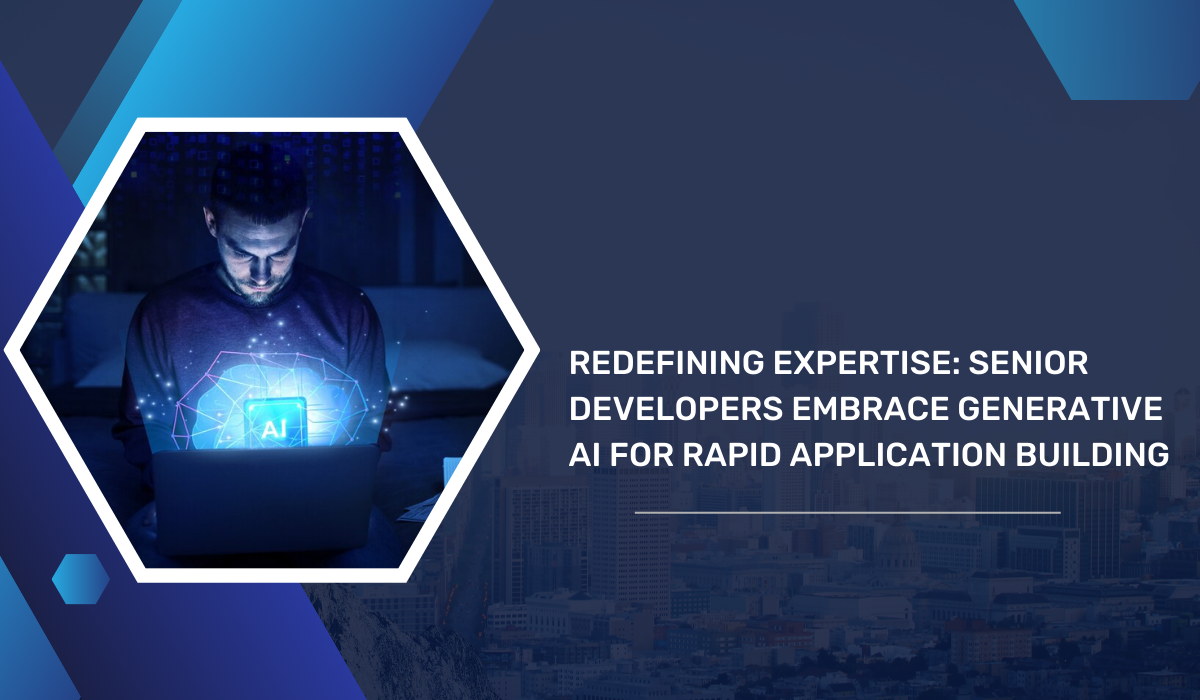
In the pre-pandemic landscape, evaluating senior developers relied heavily on traditional methods such as assessing coding proficiency through questions on data structures and algorithms. However, the evolving dynamics of the AI era have prompted a significant transformation. Now, senior developers are tasked with building applications, like a Communications Service Provider's order management system, using Generative AI within a week. This marks a departure from conventional evaluation methods and exemplifies the broader industry trend of incorporating AI in diverse domains.
Across various sectors, including communications, retail, and banking, there is a pervasive shift towards deploying AI comprehensively. The strategic application of AI aims to enhance customer experiences through expedited troubleshooting, elevate operational efficiency by automating repetitive tasks, and accelerate software development lifecycles by generating code and test cases. Early adopters have made substantial investments, with McKinsey Global Institute projecting that Generative AI could contribute $2.6-4.4 trillion annually to global corporate profits.At an operational level, the influence of AI extends to tasks traditionally reliant on human involvement. The emergence of Generative AI, particularly in the past year, signifies a progression beyond automating repetitive tasks.
AI is now tackling complex responsibilities that demand specialized human skills, thereby improving service delivery with reduced costs per output. Examples include real-time translation in Smart Contact Centers and substantial time reductions in order fallout analysis within the Communications industry.Generative AI is making substantial inroads into the Software Development Lifecycle (SDLC). It offers capabilities such as AI-assisted code generation, code refactoring, documentation, and automated test case generation. These advancements streamline IT operations, from issue resolution to application support and infrastructure services, contributing to increased productivity and efficiency.
The advent of the AI era has given rise to a new generation of talent characterized by advanced AI utilization, higher productivity, varied problem-solving skills, and the ability to craft elevated customer experiences with minimal human intervention. Key attributes of next-gen talent include prompt engineering skills, a focus on engineering principles and logical thinking, and proficiency in natural language processing, advanced programming, scripting concepts, data analysis, and visualization. As India stands at the forefront of the global talent base for software services, embracing this AI wave through strategic reskilling and industry-academia collaborations is imperative for sustained growth and innovation.